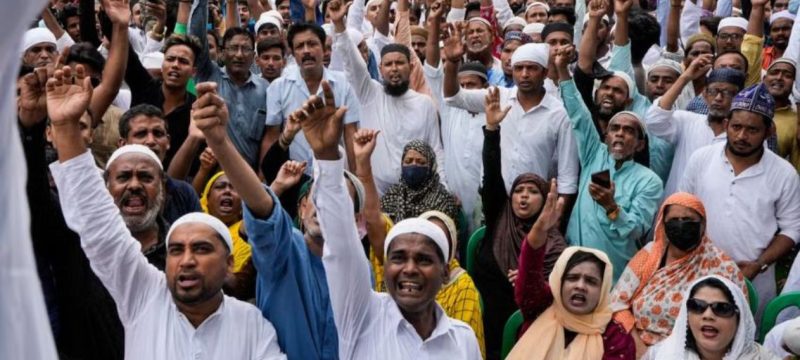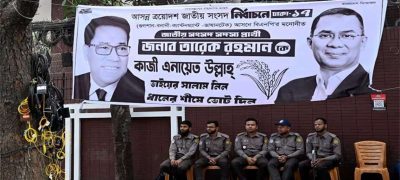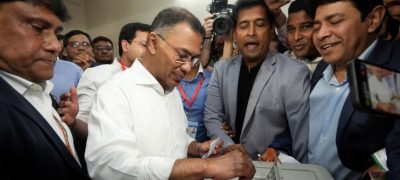The Indian government introduced a bill on Wednesday aimed at overhauling the management of land allocated specifically for Muslim use, which could heighten tensions between the government and the Muslim minority. These lands, known as “waqf” properties, are designated for religious, educational, or charitable purposes and cannot be sold or transferred.
Currently, over 25 waqf boards oversee about 85,1535 properties and nearly 900,000 acres of land, making them among the largest landowners in India.
Read more: Indian Journalist Faces Sedition Charges Over Priest’s Anti-Muslim Remarks
The proposed Waqf (Amendment) Bill, introduced by Prime Minister Narendra Modi’s government, suggests adding non-Muslim members to the central Waqf Council and local waqf boards and allowing the government to determine the ownership of disputed waqf properties.
The bill has faced strong opposition from Islamic groups and lawmakers who view it as an attempt to gain control over Muslim assets and undermine their property rights. Kiren Rijiju, the Minister of Minority Affairs, defended the bill, claiming it would combat corruption, mismanagement, and the dominance of certain Muslim elites over waqf properties, positioning it as a “pro-Muslim reform.”
However, critics like Kamal Farooqui of the All India Muslim Personal Law Board argue that the bill is an attempt to control Muslim land, questioning whether similar measures would apply to Hindu temples. A 2006 government report had recommended reforming the waqf boards to generate better returns for the Muslim community.
Muslim groups have also raised concerns over Modi’s government, accusing it of promoting anti-Islamic policies, particularly since 2014, which they argue have led to violence and the destruction of Muslim-owned properties. India is projected to become the world’s largest Muslim population by 2050, but the Muslim community, which comprises around 13% of the population, still faces challenges in areas like education, employment, and political representation.









